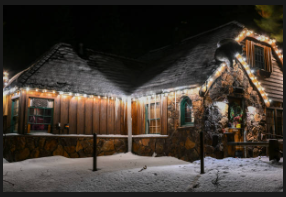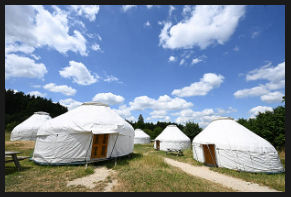Placing Limits on Short-Term Rentals Holds Back the Full Potential of the Travel Economy
For centuries, Americans have opened their doors to travelers, sharing everything from a spare room in an underutilized home, to an empty beach house or a cabin at the lake. In many areas of the country, short-term rentals are a time-honored tradition and the only way for vacation destinations to accommodate an influx of peak-season travelers.
Building on this tradition, today’s travelers have access to a wide variety of lodging options—from hotels to short-term rentals—that enrich local tourism and bring powerful economic benefits to communities. These accommodations invite visitors to explore beyond traditional hotspots, boosting local spending in restaurants, shops, and cultural attractions. In fact, 97% of consumers recognize that having a diverse mix of lodging options strengthens regional economies. Short-term rentals are especially vital in areas that typically see fewer tourists or lack hotel infrastructure, helping unlock new destinations and distribute tourism more equitably. This ripple effect supports small businesses, generates jobs, and encourages investment in transportation and public spaces. By using travel technology platforms to click, compare, and book their stays, travelers save time and money while property owners gain new income streams—offering up a spare room or an entire home and sharing their hospitality with guests from near and far.








